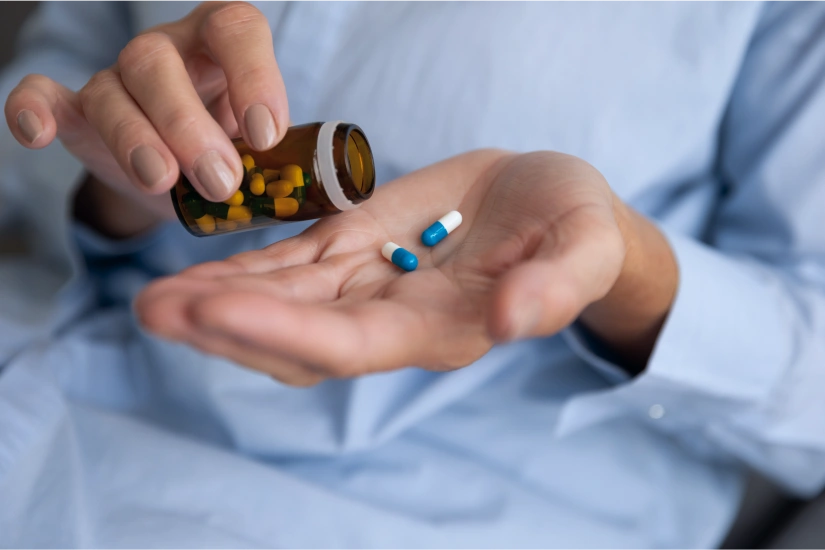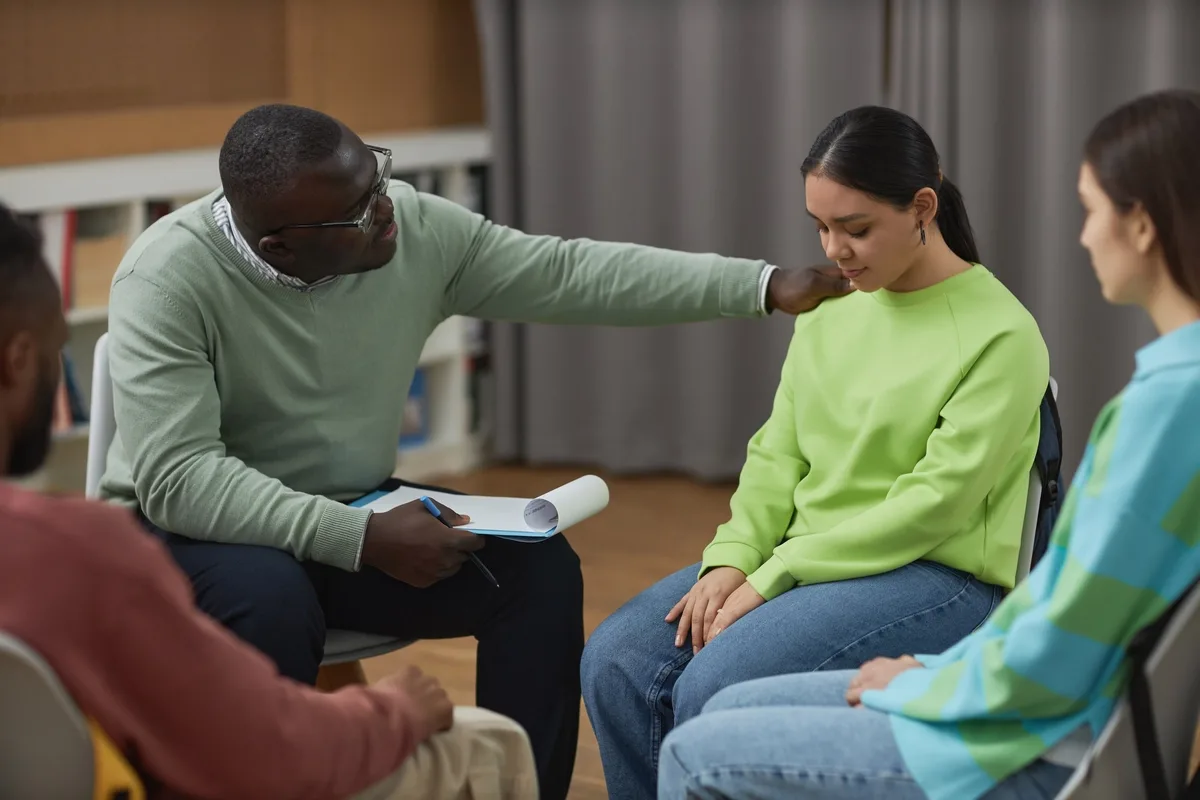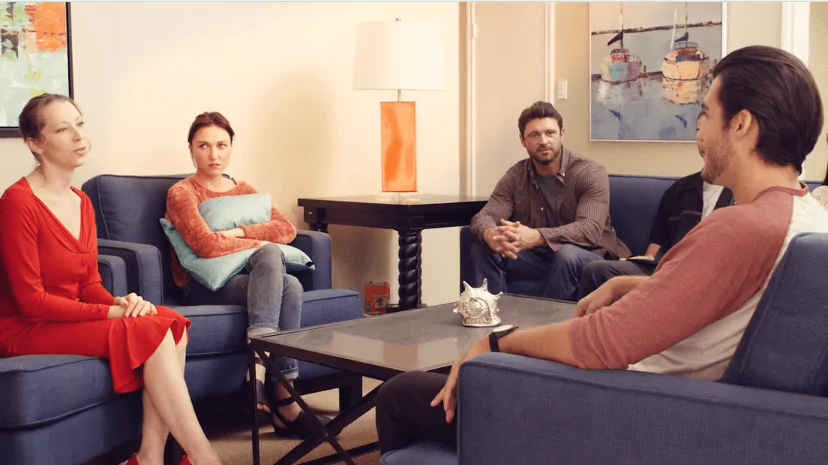24/7 Helpline:
(866) 899-111424/7 Helpline:
(866) 899-1114
Other Insurance Options

Health Net

Anthem

BHS | Behavioral Health Systems

American Behavioral

Oxford

Health Choice

CareSource

Aetna

Optima

WellPoint

Kaiser Permanente

EmblemHealth

Private insurance

PHCS Network

WellCare Health Plans

State Farm

BlueCross

Holman Group

Choice Care Network
Beacon



George Junior Republic
George Junior Republic is a drug and alcohol rehab located in Grove City, PA. They provide residenti...


































































Serenity Concepts
Serenity Concepts is an outpatient rehab located in Grove City, OH. Serenity Concepts specializes in...

The Buckeye Ranch
The Buckeye Ranch is a private, nonprofit organization with a comprehensive array of mental health t...

Community Counseling Center – Breckenridge Street
Community Counseling Center – Breckenridge Street is a private rehab located in Grove City, Pennsylv...





















